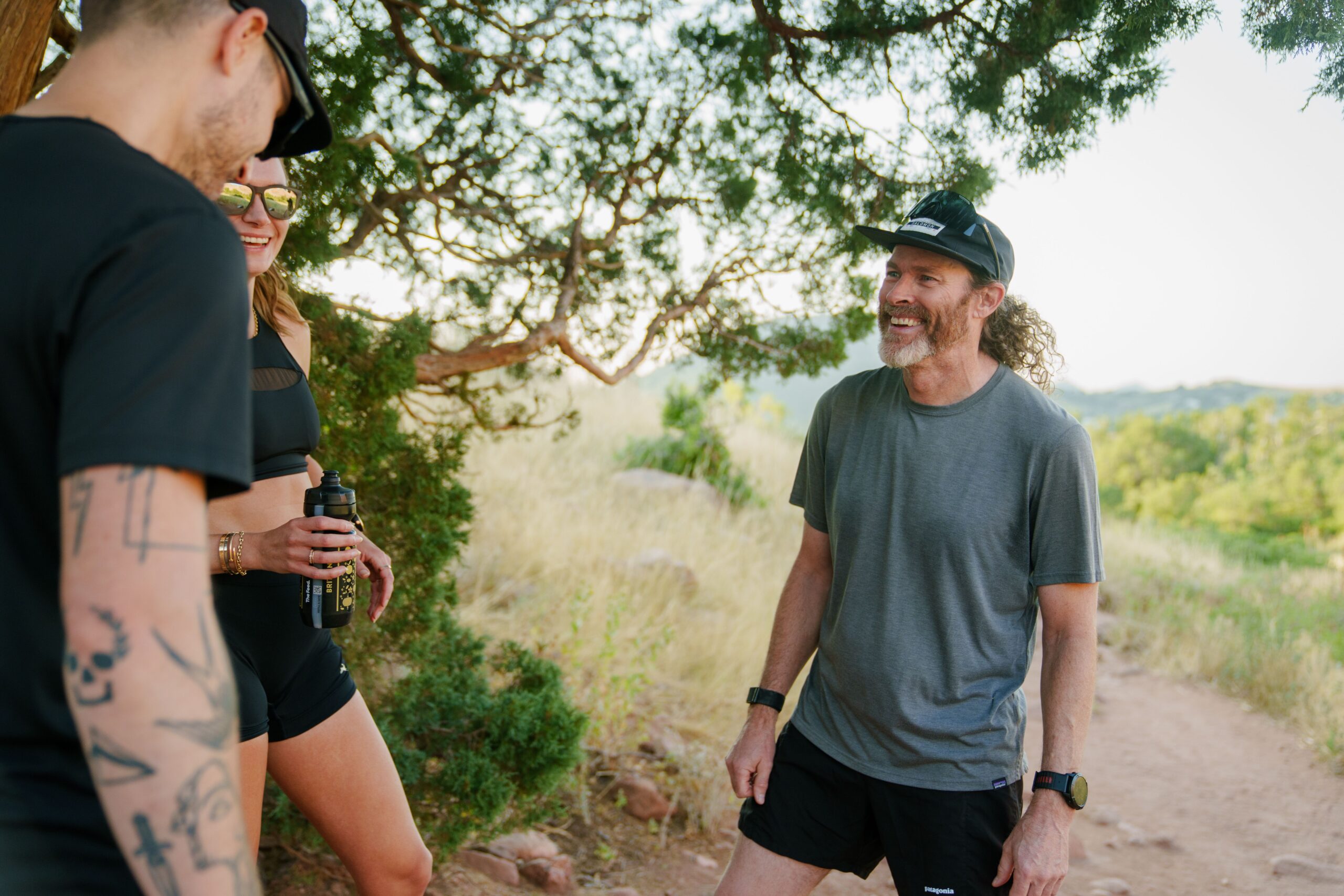In 2016, while doing research for a planned study on mental toughness in athletes, I came across the word “sisu”. Sisu is a Finnish word that roughly means “strength of will, determination, perseverance, and acting rationally in the face of adversity.” In the most simple of terms, sisu means grit. It is not situational or momentary, though; it is a characteristic that lies deep within (have you seen Free Solo? Alex Honnold is sisu).
The word spoke to me on a level so profoundly that I named my study on mental toughness, The Sisu Study. I call the resulting test I developed to measure mental toughness The Sisu Quiz.
Measurement is important
People love quizzes. I mean, who doesn’t want to know which Friends character they most resemble or which Hogwarts house the sorting hat would put them in (according to Buzzfeed I am Chandler and belong in Gryffindor). Taking an innocuous, fun quiz is straightforward enough. The results can be laughed off or you can say to yourself, “Wow, that is so accurate! How did they do that?”
But, what happens when a quiz tells you something deeply personal, like your level of self-esteem or how much confidence you possess? It becomes harder, doesn’t it?
That’s the case with the Sisu Quiz. There are some components to the Sisu Quiz that might make an athlete uncomfortable (although, I imagine if you are afraid of getting results about mental toughness, you likely need to work on your mental toughness). The questions scrutinize how an athlete handles different sporting situations. If the questions are answered truthfully, an athlete’s innermost “secrets” will be uncovered.

The Sisu Quiz was developed using three different validated questionnaires, which, when combined, measure eight dimensions of mental toughness: determination, confidence, control, constancy, self-belief, positive self-talk, visualization, and self-esteem. Through some fancy algorithms that have lots of Greek letters, which I don’t entirely understand, I am able to generate information about your level of mental toughness on each of the eight dimensions (low, moderate, or high) and your overall Sisu score.
Determining which Friends character you most resemble will hardly change your life or your outlook on how you approach your training and racing, whereas determining your Sisu score can profoundly alter your athletic trajectory.
It may seem that I am overstating the importance of the information from the Sisu Quiz. I assure you, I’m not.
Learning about yourself is difficult
I cannot emphasize enough that it takes courage to dig deep into the psyche and learn about ourselves in a way that might be different from what we imagined. Push away your doubts and fears because information about mental toughness can be paradigm-shifting.
Here’s why. Athletes spend hours upon hours training their bodies. Athletes train through the ravages of winter. Athletes buy fancy equipment and travel to exotic locales and spend lots of money on incremental improvements. However, athletes rarely spend time honing their brains. All of the training and fancy equipment and lofty goals are moot if you are too nervous to race well or if you get down on yourself at the slightest setback or if you give up because your adversary is beating you.
I tell injured athletes all the time: get a diagnosis. It is difficult to treat an injury if you don’t know what it is that you’re treating. Mental toughness is no different. In order to most productively make improvements in mental toughness, you need to know where to focus your work.
Take action
Remember this: do not put a value judgment on your Sisu score. Again, do not put a value judgment on your Sisu score. Your score is actionable information from which you can start to build a mental toughness training plan. It is something that can be raised. It is not meant to threaten your self-esteem.
My TrainingPeaks University course, The Champion Mindset: A Course on Mental Toughness, was designed for both coaches and athletes as a means to learn about research on the components of mental toughness and provide specific tips to make measurable improvements.
By taking the Sisu quiz and course, you can start on the triad of “Identify-Learn-Enact”.
In terms of mental toughness, you want to identify strengths and weaknesses. Once your areas that need improvement have been identified, the next critical step is to learn about those specific areas of mental toughness. The learning phase allows you to put those components of mental toughness into the context of your life and how you approach your sport. The knowledge gained during the learning phase will then enable you to enact new mental toughness behaviors that are productive rather than destructive.
Here’s an example. Suppose you take the Sisu Quiz and identify that you have low positive self-talk. The learning phase will inform you that athletes who are high in positive self-talk have less anxiety, more confidence, and improved performance. You will also learn the difference between motivational and instructional self-talk and how to rewrite your script. Finally, you will aim to enact positive self-talk in any situation in which you are prone to speak negatively to yourself.
Take five minutes to fill out the Sisu Quiz and learn about your mental toughness. Don’t panic if the results are surprising. Just take a deep breath and know you can find help to improve your mental toughness.







